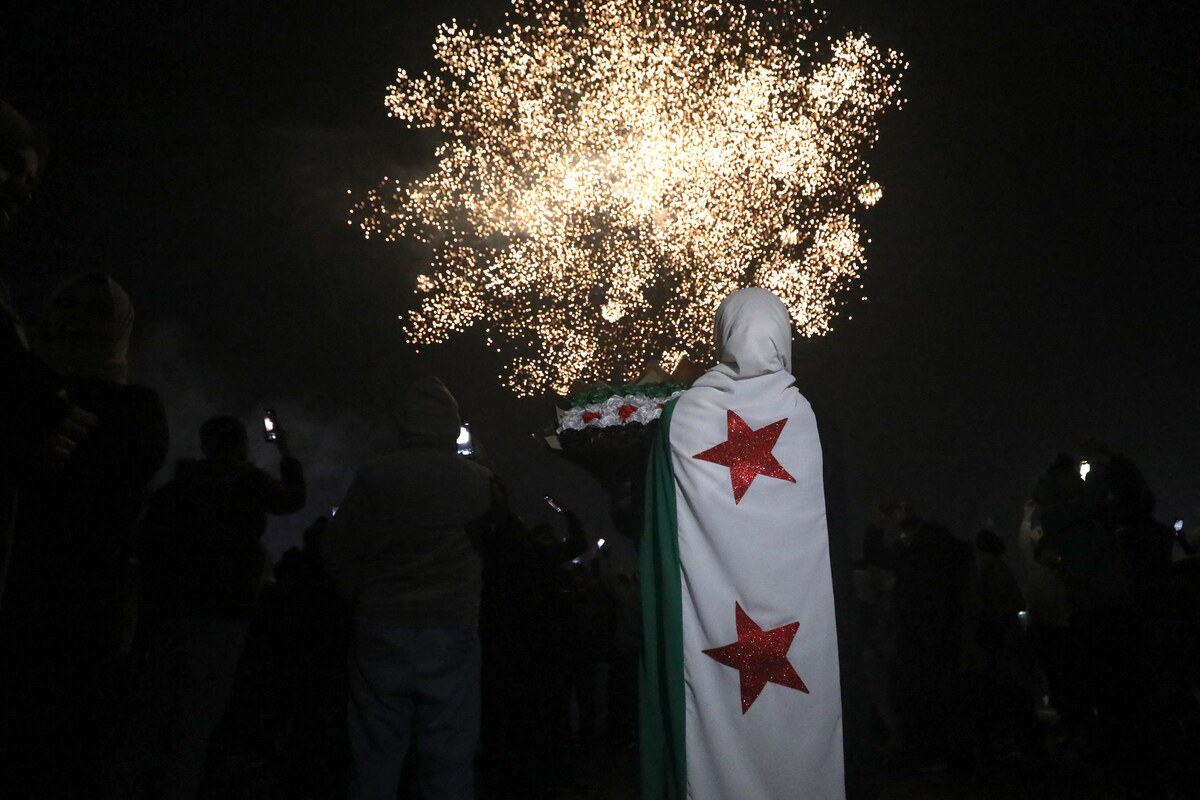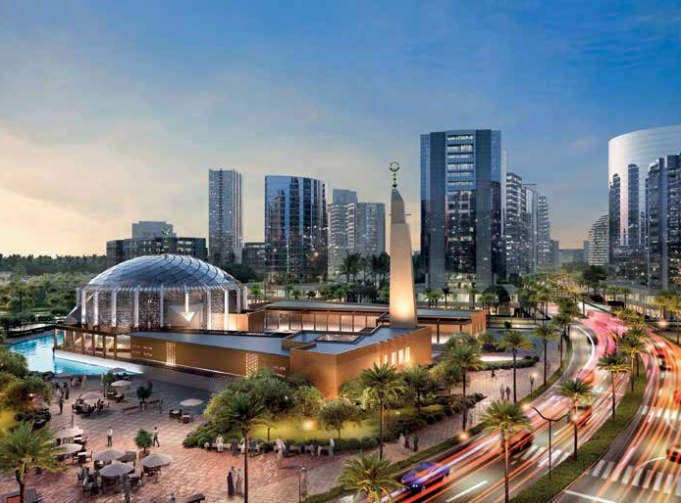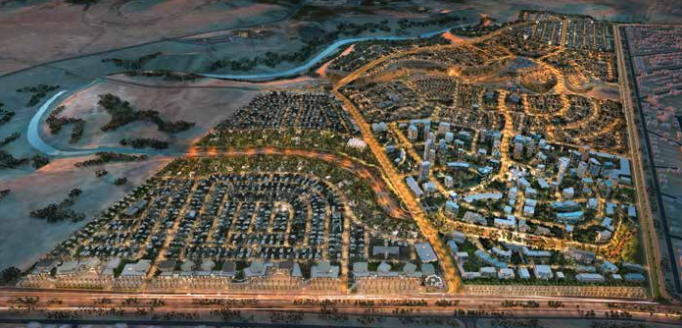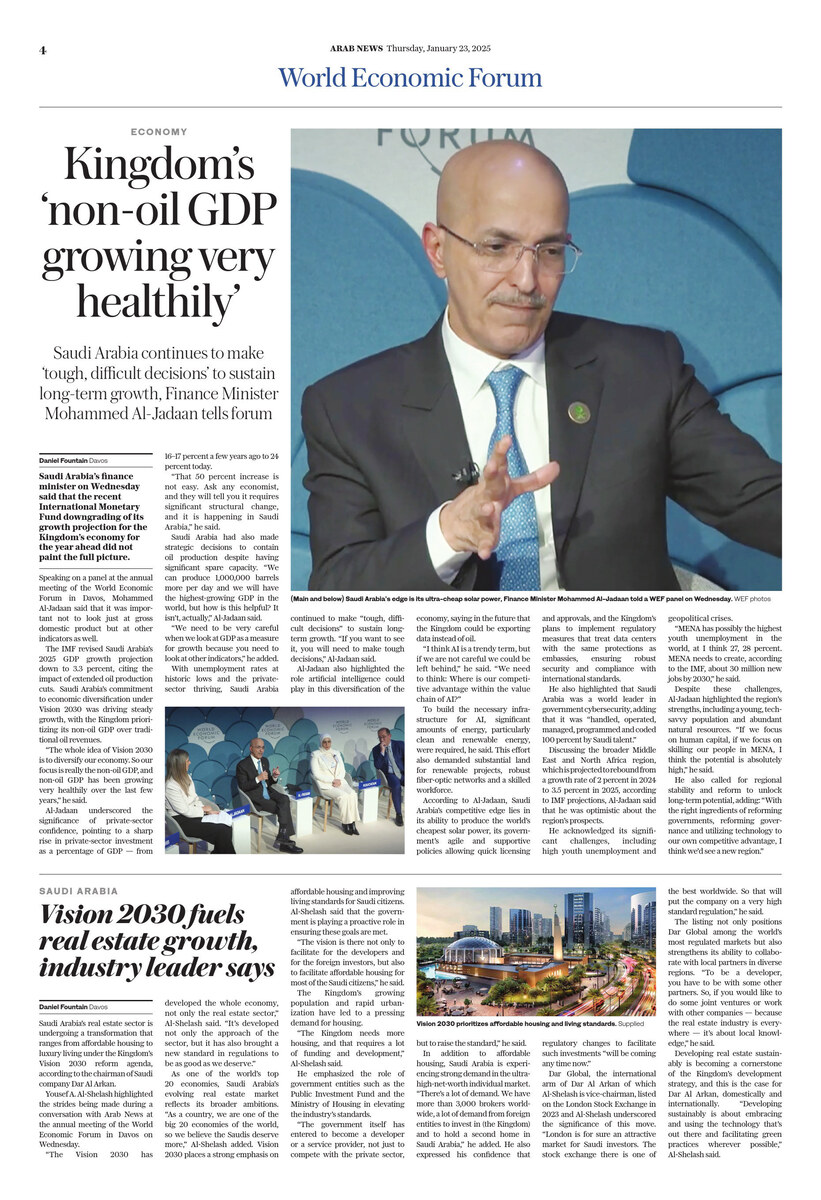RIYADH: Saudi Arabia’s non-oil gross domestic product is projected to grow by up to 6 percentage points by the end of the decade, driven by the Vision 2030 initiatives, according to S&P Global.
The international rating agency said over the past decade, the non-oil economy, with a focus on boosting consumer spending in tourism and construction, has solidified its position as a key element in the Kingdom’s strategy for economic diversification.
By 2030, the oil sector’s share of GDP is expected to drop from over 30 percent in early 2024 to between 24 and 26 percent, reflecting a significant shift away from hydrocarbon dependence, it predicted.
This transformation is supported by a substantial array of Vision 2030 megaprojects, with a collective value exceeding $1 trillion. NEOM, a central component of this vision, is expected to attract nearly half of the total investment. Despite potential adjustments to some projects, including NEOM, the overall economic outlook remains favorable, with the non-oil sector continuing to gain importance.
As domestic demand rises due to increased household consumption and a thriving tourism sector, Saudi Arabia is advancing steadily toward reducing its reliance on hydrocarbons.
Decreasing share of oil in GDP
Several factors are contributing to the decreasing share of oil in Saudi Arabia’s GDP.
Firstly, the rise in domestic demand, especially in household consumption, is gradually diminishing the prominence of oil activities. Currently, household consumption in the Kingdom is about 15-20 percentage points lower than in economies with similar GDP per capita, indicating substantial growth potential.
As the nation implements strategies to boost consumer spending, the non-oil sector’s contribution to GDP is expected to increase, further reducing dependence on oil revenues.
The government is also focusing on enhancing recreational spending, which is currently low by international standards.
These shifts are anticipated to lower the oil sector’s share of the economy, even as oil production increases. The Saudi government has announced plans to raise oil production to 11 million barrels per day by 2028, which may counterbalance some of the decline in oil’s GDP contribution. Nonetheless, the overall share of oil in the economy is expected to decrease, aligning more closely with non-Gulf oil exporters such as Norway.
Vision 2030’s key role
The Kingdom’s Vision 2030 reform agenda is the primary driver behind its non-oil GDP growth, aiming to diversify the economy by expanding into key sectors such as tourism, entertainment, and retail.
Vision 2030 initiatives are already transforming the country’s economic landscape through high-profile megaprojects and reforms designed to boost domestic consumption. A central goal of Vision 2030 is to enhance the quality of life for Saudi citizens and residents, thereby stimulating consumer spending.
The Quality of Life Program, a crucial element of the reform agenda, seeks to increase interest in cultural, recreational, and entertainment activities. By 2030, household spending on entertainment is projected to rise from the current 2.9 percent to 6 percent, thereby generating new opportunities for growth in the entertainment, tourism, and retail sectors.
Social reforms, particularly the growing participation of women in the workforce, are also expected to drive domestic demand. Women’s labor force participation has already surpassed the initial Vision 2030 target, climbing from 18 percent to over 35 percent. This increase is likely to elevate household earnings, leading to higher disposable income and consumer spending.
Furthermore, the expanding role of women in previously restricted sectors such as sports and entertainment marks a significant milestone in reshaping the labor market and promoting economic inclusion. This transition is further supported by Saudization policies, which emphasize the employment of Saudi nationals and contribute to wage growth.
Tourism and construction sectors
Tourism is emerging as a key sector for economic diversification under Saudi Arabia’s Vision 2030 blueprint. The government has set an ambitious target to attract 150 million visitors annually by 2030, a goal that is poised to significantly enhance the tourism industry.
The introduction of e-visas has simplified access for international tourists, and the completion of major tourism projects, such as the Red Sea Project and AlUla, is expected to further increase tourist arrivals. These initiatives are part of a broader strategy to position Saudi Arabia as a global destination, aiming to diversify the economy and reduce its reliance on oil.
International visitors generally contribute more to total tourist spending compared to domestic travelers, providing a substantial boost to the economy. With government-backed efforts to expand tourism infrastructure, including hotels, resorts, and cultural attractions, the sector is set to become a major driver of non-oil GDP growth.
The dual approach of attracting international travelers and encouraging residents to spend more domestically, particularly in entertainment and leisure, is expected to significantly increase the share of tourism in the national economy.
The construction sector is another major beneficiary of Vision 2030. Gigaprojects such as NEOM, Qiddiya, and Diriyah are transforming the Kingdom’s landscape, creating substantial demand for construction materials and services.
The total cost of Vision 2030 initiatives is estimated to exceed $1 trillion, with NEOM alone accounting for nearly half of this amount. Even if NEOM faces scaling back, as some reports suggest, the ongoing construction of other megaprojects will continue to drive domestic demand, making the sector a key contributor to GDP growth in the coming years. However, the impact of these projects on Saudi GDP may be somewhat moderated by the need to import construction materials and rely on external expertise.
Sustainable economic growth
While Vision 2030 is poised to drive strong economic growth over the next decade, the long-term success of Saudi Arabia’s diversification efforts will hinge on improving labor productivity.
Historically, Saudi Arabia’s labor productivity has lagged behind that of both developed and emerging economies. This is partly due to limited diversification into high-efficiency sectors and an overemphasis on less productive industries such as construction.
As the megaprojects approach completion, the initial boost to domestic consumption and economic growth is expected to moderate.
To sustain momentum, Saudi Arabia will need to focus on enhancing productivity, particularly in non-oil sectors. The Kingdom’s ability to foster innovation, improve education, and develop workforce skills will be critical in driving productivity gains and ensuring long-term economic growth.
Ongoing government initiatives to enhance education and vocational training, along with reforms aimed at increasing workforce participation, are anticipated to improve productivity over time. However, these improvements will likely be gradual, with the full impact of these reforms taking several years to materialize. In the interim, the expansion of the non-oil sector, bolstered by Vision 2030 megaprojects, will continue to be the main driver of economic growth.
































